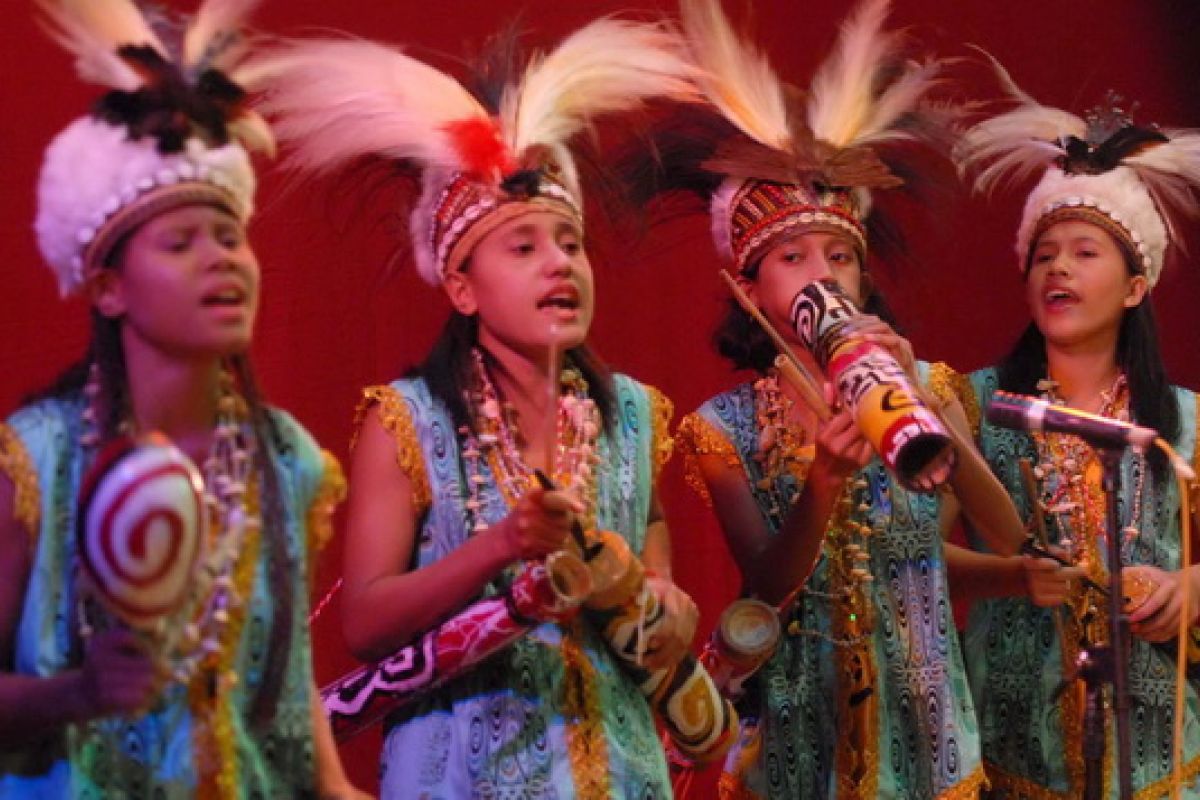For Indonesia, the challenges included natural disasters which often hapen in several regions, the minister said here Thursday when officially opening the Second International Conference on Child Friendly Asia Pacific.
Children and women are the most vulnerable in natural disasters, she said.
Recent natural disaster striking Indonesia were among other things the Mt Merapi eruptions affecting Yogyakarta and Central Java, and earthquakes in Padang (West Sumatra) and Papua.
The fact that the implementation of child development programs were not integrated and sustainable also posed a challenge, the minister said.
Preparing future human resources was not easy and could not be implemented by one or two institutions only, she added.
Indonesia has different experiences from other countries in implementing the commitment to `World Fit for Children`.
With a total population of 237,641,326 people in 2010, with more than thirds or 85 million are children, the development of child friendly cities/districts in Indonesia is more complicated than in other countries, according to the minister.
Bandung, for instance, has around 2.4 million children last year, and it has to develop child friendly families in order to become a district fit for children, she explained.
During 2010-2014, 75 districts/cities which are friendly to children, have been set up. Indonesia needs at least 100 districts/cities fit for children, according to the minister.
The Second International Conference on Child Friendly Asia Pacific is attended by about 800 participants from 20 countries.
The opening ceremony of the conference was attended by among others Karen Malone, the chairperson of the Child Friendly Asia Pacific Networking, Central Java Governor Bibit Waluyo and Surakarta Mayor Joko Widodo.
The focus of the conference is on engaging children including children as active citizens and working with children to evaluate the quality of their environments.
(Uu.F001/HAJM)
Editor: Priyambodo RH
Copyright © ANTARA 2011







